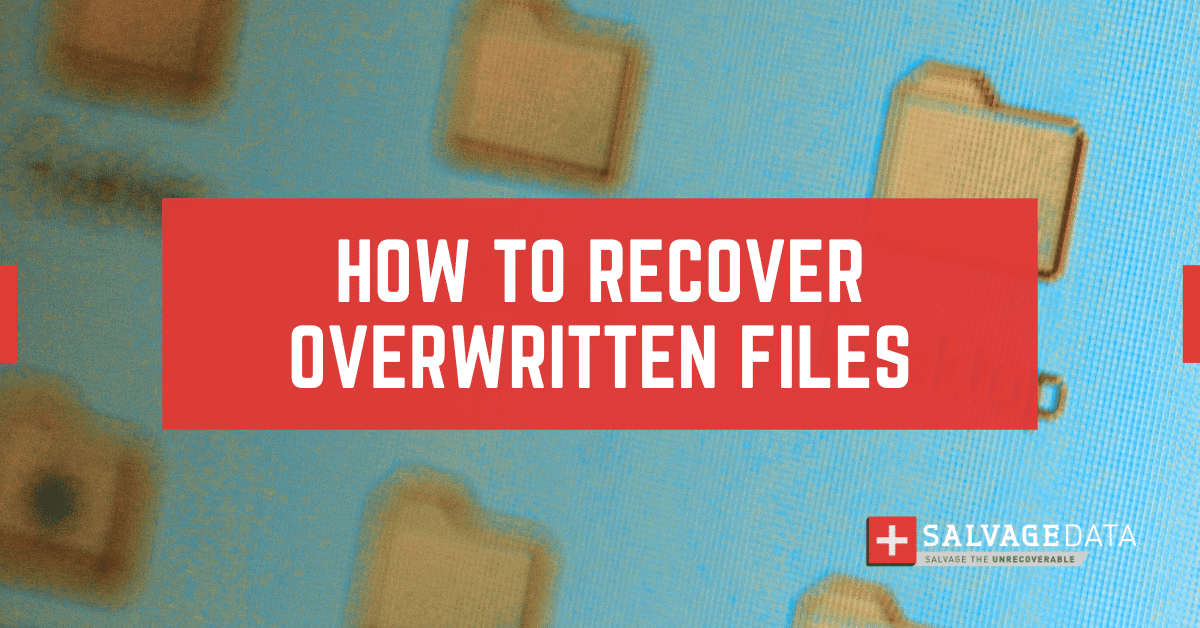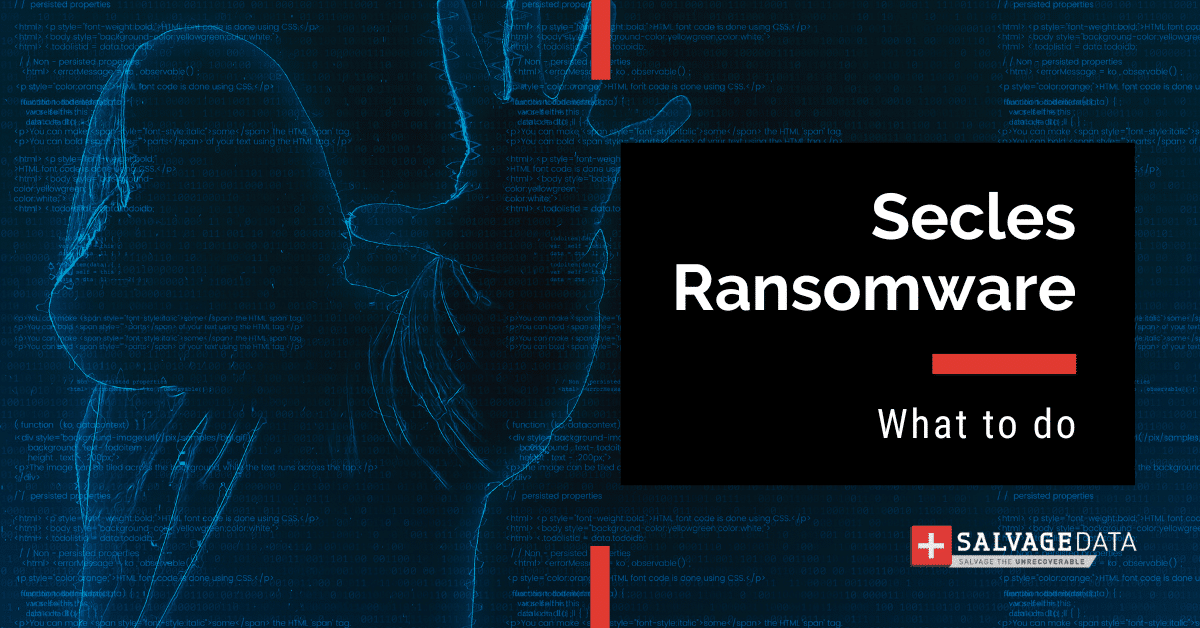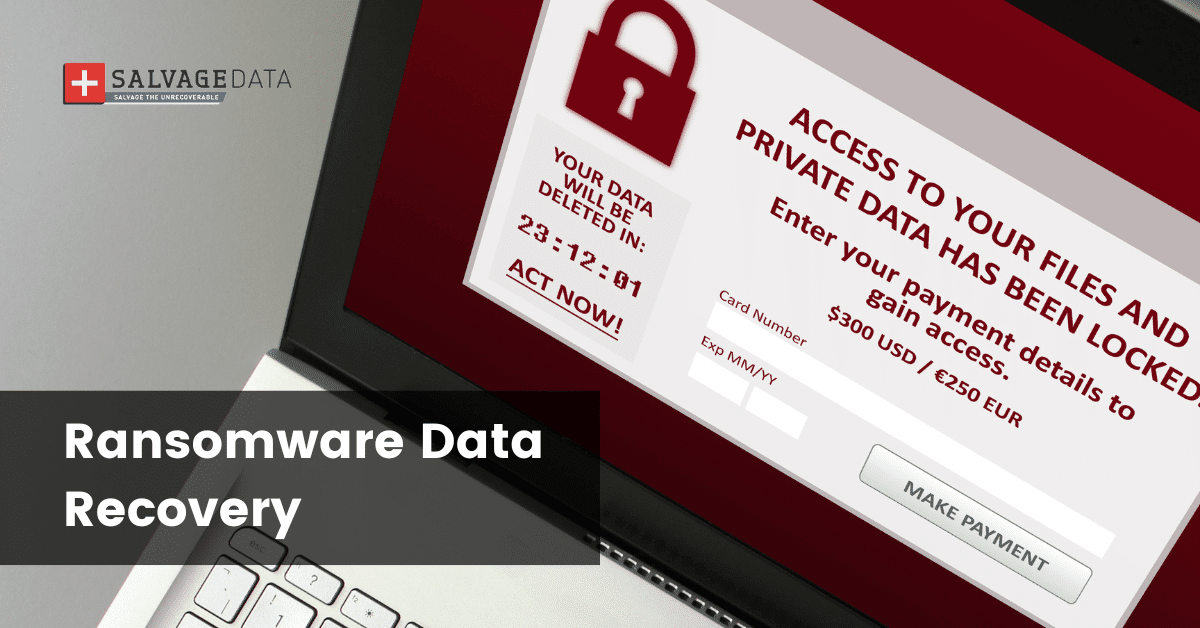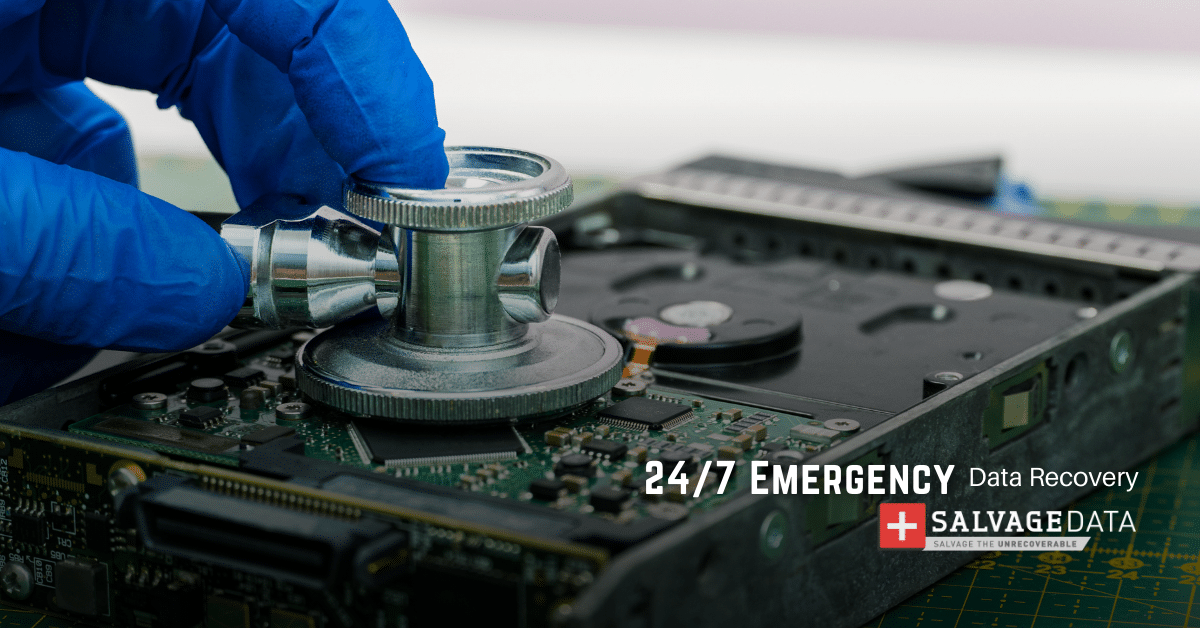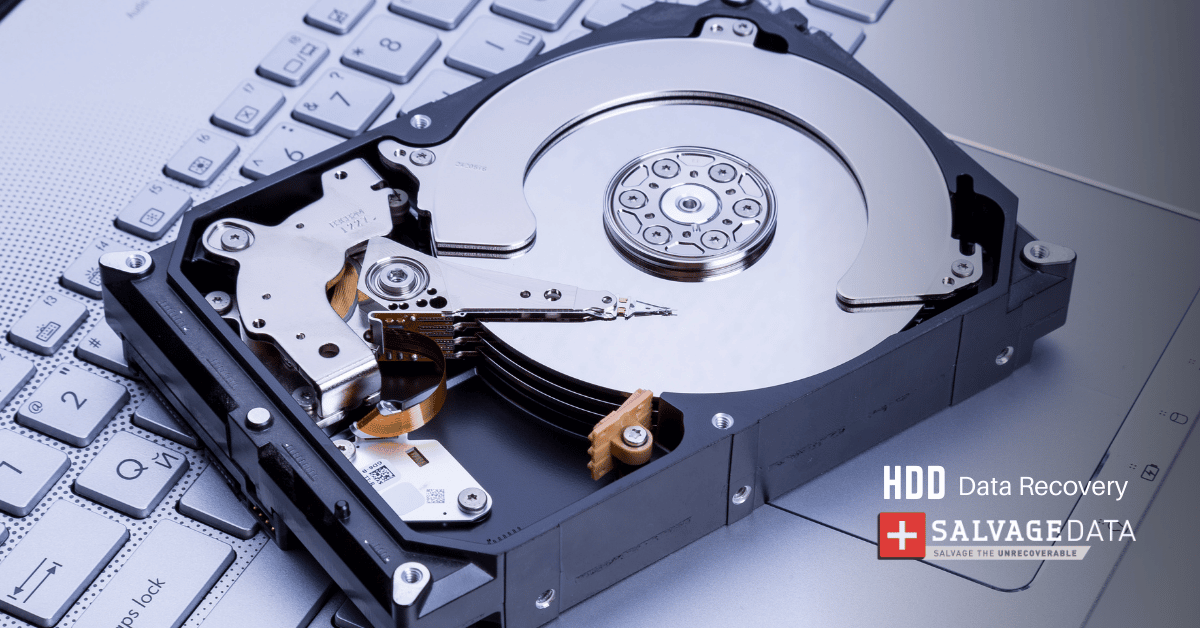Recent Articles
How To Recover Overwritten Files
The Snowflake Data Breach: A Comprehensive Overview
Mac Not Recognizing External Hard Drive: Quick Fix Solutions
How Multi-Cloud Backup Solutions Can Prevent Data Disasters
Capibara Ransomware: What is it & How to Remove
What Should a Company Do After a Data Breach: The Ticketmaster Incident
Secles Ransomware: Removal Guide
What To Do When Your Chromebook Freezes
How to Create Hyper-V Backup
What Is The Best Data Recovery Software For PC

I think there's an issue with my storage device, but I'm not sure Start a free evaluation →
I need help getting my data back right now Call now (800) 972-3282
PowerWare is a type of malware that encrypts your files and holds them, hostage, until you pay a ransom. This ransomware is spread through email attachments and malicious websites. Once it’s on your computer, PowerWare will encrypt your files and append the “.powerware” extension to them. It will also create a text file named “POWERWARE-DECRYPT.txt” which contains instructions on how to pay the ransom and decrypt your files.
What encryption methods does PowerWare use?
PowerWare uses the AES-256 and RSA-2048 encryption algorithms to encrypt your files. These are both very strong encryption algorithms.
What types of files does this ransomware encrypt?
PowerWare will encrypt most types of files, including images, videos, documents, and more.
To protect yourself from ransomware and other types of malware, you should never open email attachments from unknown senders, click on links in emails from unknown senders, or visit websites that you don’t trust. You should also have a reliable anti-malware program installed on your computer.
History
PowerWare Ransomware was first discovered in April 2016. At the time, it was being spread through email attachments that posed as invoices. The emails claimed to be from companies such as DHL, FedEx, and UPS. When the attachment was opened, would encrypt the victim’s files.
In May 2016, this ransomware was distributed through a fake Adobe Flash Player update. The update appeared on malicious websites and if downloaded and installed, would infect the computer with PowerWare Ransomware.
In July 2016, the ransomware was spread through a fake Microsoft Word document. The document claimed to be a resume of a job applicant. If the document was opened, PowerWare would encrypt the victim’s files.
It has also been distributed through exploit kits such as RIG and Neutrino.
What was the PowerWare Ransomware’s purpose?
The PowerWare Ransomware was created for the purpose of extorting money from victims. Once it has encrypted a victim’s files, it will display a ransom note that demands payment in order to decrypt the files. The ransom note will also provide instructions on how to make the payment. PowerWare demanded a ransom of $500 in Bitcoin, but the amount may vary depending on the victim, situation, and time. The ransom note stated that the price would double if the victim did not pay within seven days. Or, if the victim tried to decrypt the files on their own, PowerWare would delete all of the encrypted files.
Paying the ransom
It is not recommended that you pay the PowerWare Ransomware ransom and that’s why:
-There is no guarantee that PowerWare will decrypt your files even if you pay the ransom.
-Paying the PowerWare Ransomware ransom supports the cyber criminals and encourages them to continue their illegal activity.
-By paying the ransom, you may be inadvertently funding other criminal activities.
What to do?
If you’re infected with PowerWare, the first thing you should do is disconnect your computer from the internet to prevent the ransomware from encrypting any more files.
Then, you should remove this ransomware and other malicious files from your computer. If you have a backup of your files, you can restore them from the backup. And do not worry about PowerWare Ransomware, it will be gone after you remove it from your computer.
But if you do not have a backup of your files, you can try using file recovery software to recover your files. However, there is no guarantee that file recovery software will be successful.
How do I remove it from my computer?
To remove the ransomware from your computer, you can use a reputable anti-malware program. PowerWare is a type of malware called ransomware, which is a very difficult type of malware to remove. That’s why it’s important to use a reputable anti-malware program that can detect and remove PowerWare.
What file recovery software should I use?
There are many different file recovery programs that you can use to try to recover your files.
SalvageData data recovery software is recommended because it has a high success rate in recovering files that have been encrypted by PowerWare Ransomware.
Public decryption tool
At t the moment, there is no PowerWare Ransomware decryption tool available to the public.
What if I have already paid the PowerWare Ransomware ransom?
If you have already paid the ransom, we recommend that you contact your local FBI or law enforcement agency. They may be able to help you get your money back. You should also change all of your passwords and run a scan of your computer for malware.
Contact a data recovery service
Contacting a data recovery service is an option if you cannot remove PowerWare or decrypt your files.
SalvageData Recovery Services specialize in recovering files that have been encrypted by PowerWare Ransomware and other types of ransomware.
SalvageData’s team of experts has a high success rate in recovering files from PowerWare Ransomware infections.
To learn more about SalvageData’s PowerWare Ransomware data recovery services, you can visit the website or contact us at +1 (800) 972-3282.
We offer a free evaluation to see if we can help you. Also, we offer a no data, no fee guarantee, which means you don’t pay unless we recover your files. Our prices are very competitive and we offer discounts for students, military, and the government.
If you have any questions, please feel free to contact us.
Thank you for your time!

